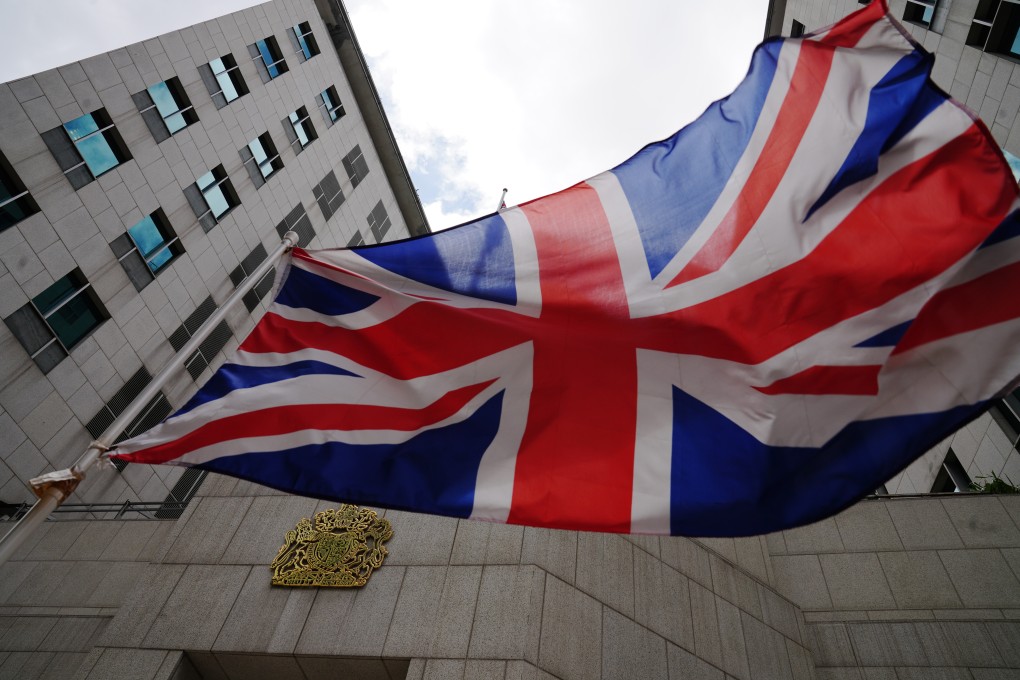First Hongkongers head to North Point to apply for new BN(O) visas as Executive Council member pours cold water on scheme
- Parents with small children dominate a slightly busier than normal day at Britain’s visa centre in city
- But Exco’s Regina Ip dismisses new programme, saying it will draw those with ‘no skills and qualifications’

In the morning, most applying in person for the new BN(O) visa were parents accompanied by small children as well as a handful of young couples and elderly residents.
One couple who spoke to the Post said that, after first turning in their applications online on Sunday, it took just 30 minutes to submit their fingerprints and photos at the visa centre.
Those who apply before February 23 are required to visit the centre and provide fingerprint and facial scans before the application can be processed. Applications submitted after that date can be completed online through a new app.
One employee described Monday’s foot traffic as only a bit heavier than usual at the centre, which opens for BN(O) visa applications every day at 9am and closes at 7pm.
Francois and his wife Ivory, who asked for their last names to be withheld, submitted their application at the centre shortly after noon.